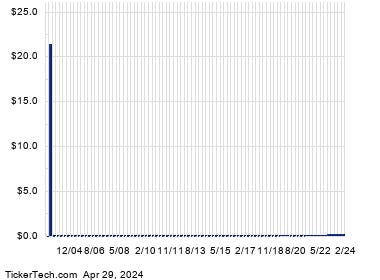The IRS is providing taxpayers with relief related to certain required minimum distributions (RMDs) for 2024 as well as guidance on interpreting the RMD rules for inherited IRAs. The RMD rules require individuals to withdraw funds from their retirement accounts each year after reaching a certain age, with the amount calculated based on the individual’s previous year’s account balance and life expectancy.
Inherited IRAs have different rules under the SECURE Act, with beneficiaries now required to withdraw all assets in the inherited IRA by the end of the 10th year following the original IRA owner’s death. This created confusion among beneficiaries who thought they could delay withdrawals until the end of the 10-year period, leading to penalties for missed RMDs.
The IRS announced transitional relief in 2022, excusing missed RMDs related to inherited IRAs in 2021 and 2022. Taxpayers who had paid penalties for missed RMDs could also request a refund. In 2023, the relief was extended to missed RMDs in 2023, with final regulations not applying until the 2024 distribution calendar year.
The most recent notice, Notice 2024-35, extends the relief through 2024 and clarifies that final regulations will not apply until the 2025 distribution calendar year. The relief applies to RMDs that would have been required if the IRA owner had died in 2020, 2021, 2022, or 2023. The IRS plans to issue final regulations related to RMDs for calendar years beginning on or after January 1, 2025.
The rules related to RMDs, especially with recent legislative changes like the SECURE Act and SECURE 2.0 Act, can be complex. It’s important for taxpayers to understand their obligations and consult with a tax or financial professional if they have questions. Making mistakes with RMDs can result in expensive penalties, so staying informed and seeking guidance is crucial.















